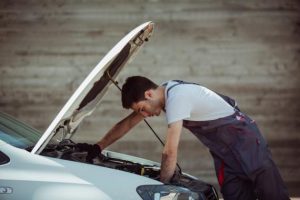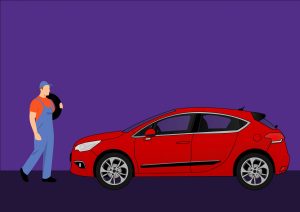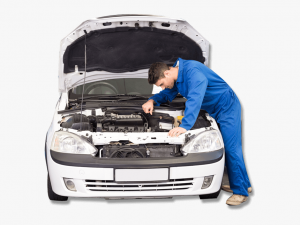Technical inspection is essential for all vehicles on the road. It isn’t easy to define the chances of passing the check-up. It is even more stressful if you are unsure about the condition of your vehicle and given that one in 5 cars is sent back for a second inspection. 133 points are checked during the technical inspection. In this case, before the inspection, the car’s condition must be impeccable. It is also essential to know the elements that are checked. This way, you can concentrate on these elements without neglecting the others.
Technical inspection in a few words
Technical control is a series of car checks carried out by approved professionals. All vehicles are concerned. The difference lies in the frequency, 6 months after the fourth anniversary of the first registration and then every 2 years.
It is essential to take this frequency into account in order not to miss the technical control and to prepare yourself.
The essential elements to take into account for a technical control
To pass a technical control, you must pay attention to every element of your car, even those which seem the most banal. In this case, you should know that the tire, the signaling features, and the braking.
However, other irregularities will also likely cause you to be sent for a second inspection.
Tips to pass a technical inspection without any problems
The most important rule for passing a roadworthiness test is maintaining your vehicle correctly. However, some easy and not-so-easy tips increase your chances of passing.
Check your engine
The engine’s functioning and condition directly influence the car’s performance, driving comfort, fuel consumption, and pollution level. The engine must be in perfect condition, especially during inspection. Also check the level of the various fluids:
Engine oil (level and viscosity)
Coolant
Brake fluid
Check the brakes and tires thoroughly
Make sure the tires are not too worn, or replace them if necessary. Worn tires reduce braking efficiency. Make sure they are correctly inflated. An over-inflated tire will cause the car to lose handling. Similarly, an under-inflated tire increases fuel consumption by 8%.
Brake pads are an essential part of keeping your vehicle safe. In addition to their fluid, you should also check their condition.
Make sure all lighting is functional
The lighting is also an essential point to check. In this case, it is necessary to check it properly because a second inspection is inevitable in case of malfunction, even if it is minor. To do this, you must make sure that the different lights are working: the parking light, the brake light, the reversing light, the indicators, the leading light, the headlight, and also the police light (the one that illuminates the license plate).
Test the engine’s pollution level
The question of pollution is also a delicate one during the technical inspection. To ensure that the car does not pollute, a check of the engine, particularly the exhaust system and the filters, is necessary.
Check the interior and visibility.
Regarding the passenger compartment, it is essential to ensure the safety of both the driver and the passengers. Therefore, the seat belts must be functional.
Similarly, the windshield must be clean and free of cracks. Equipment such as windshield wipers and windshield washers should be functional.



